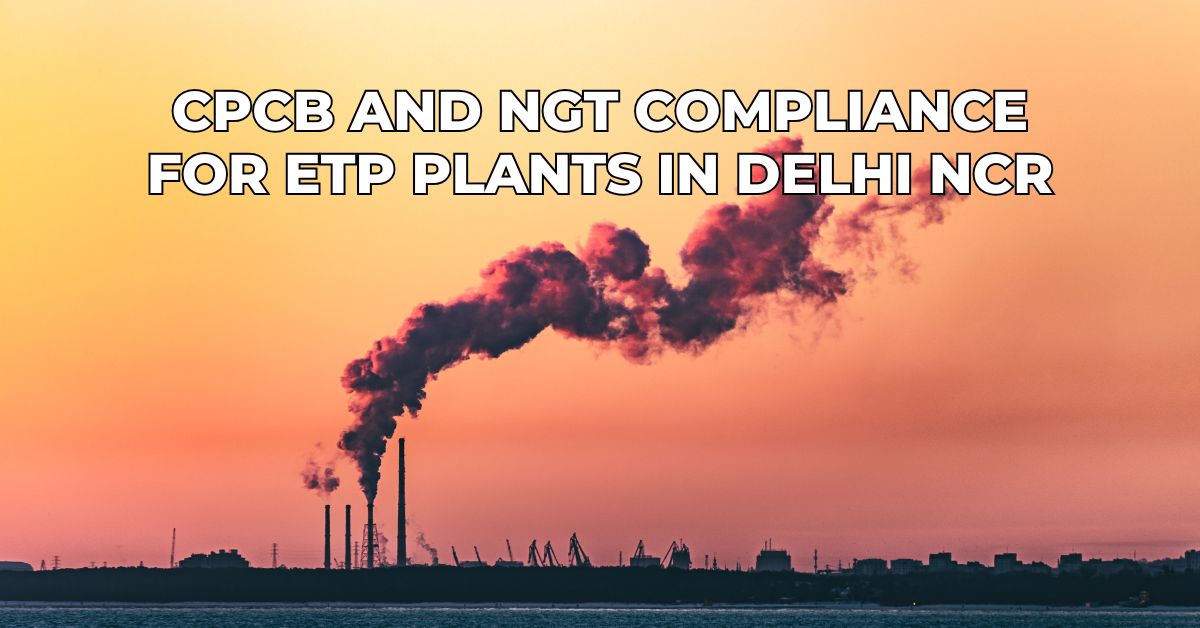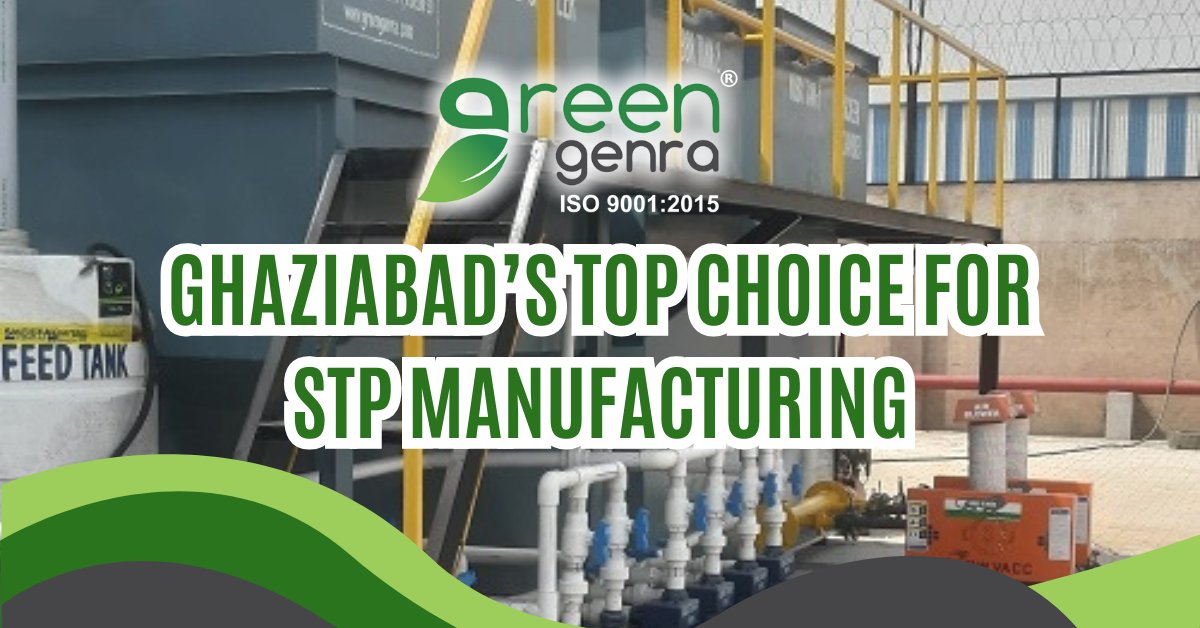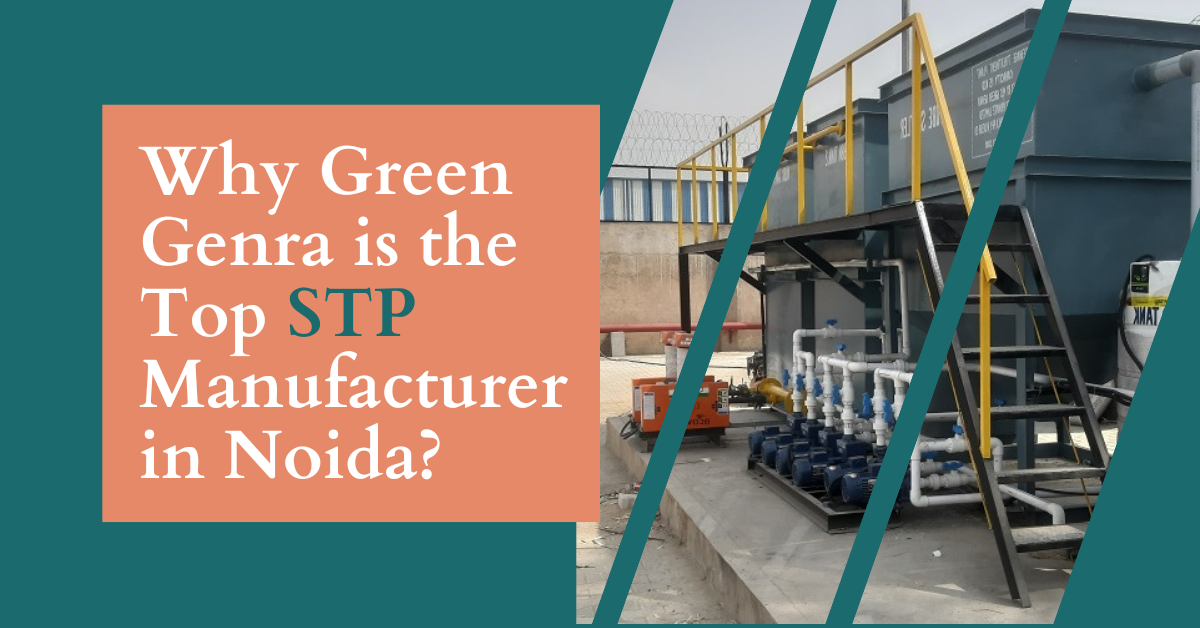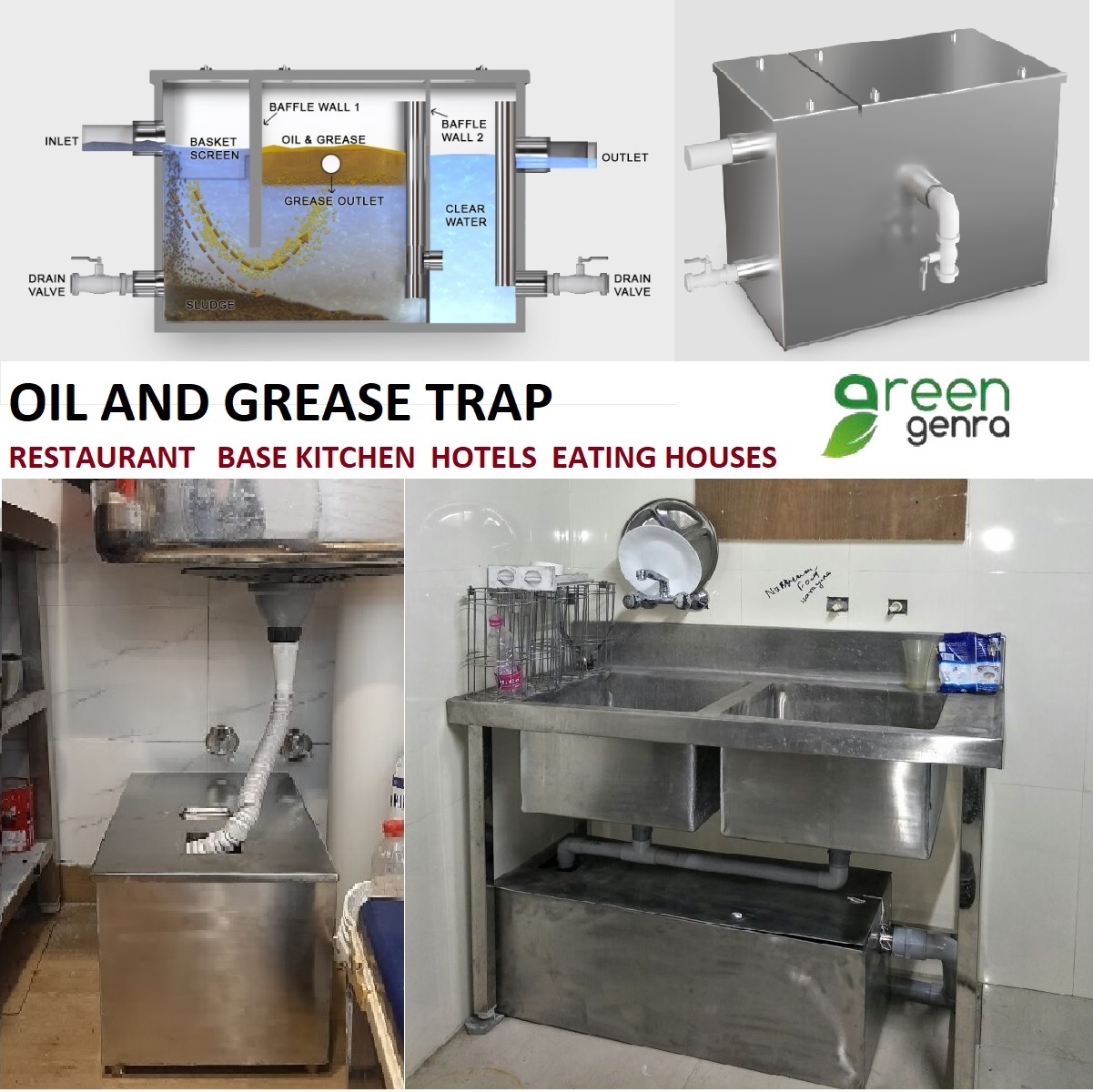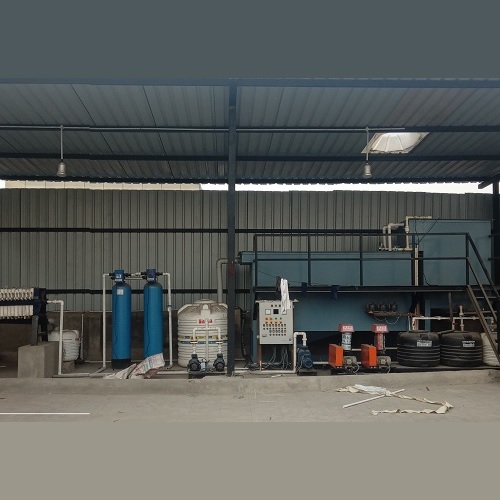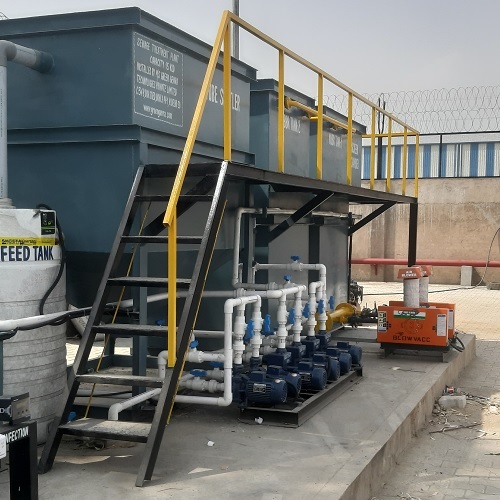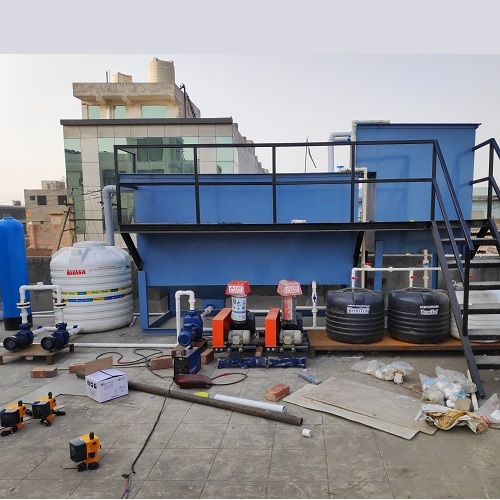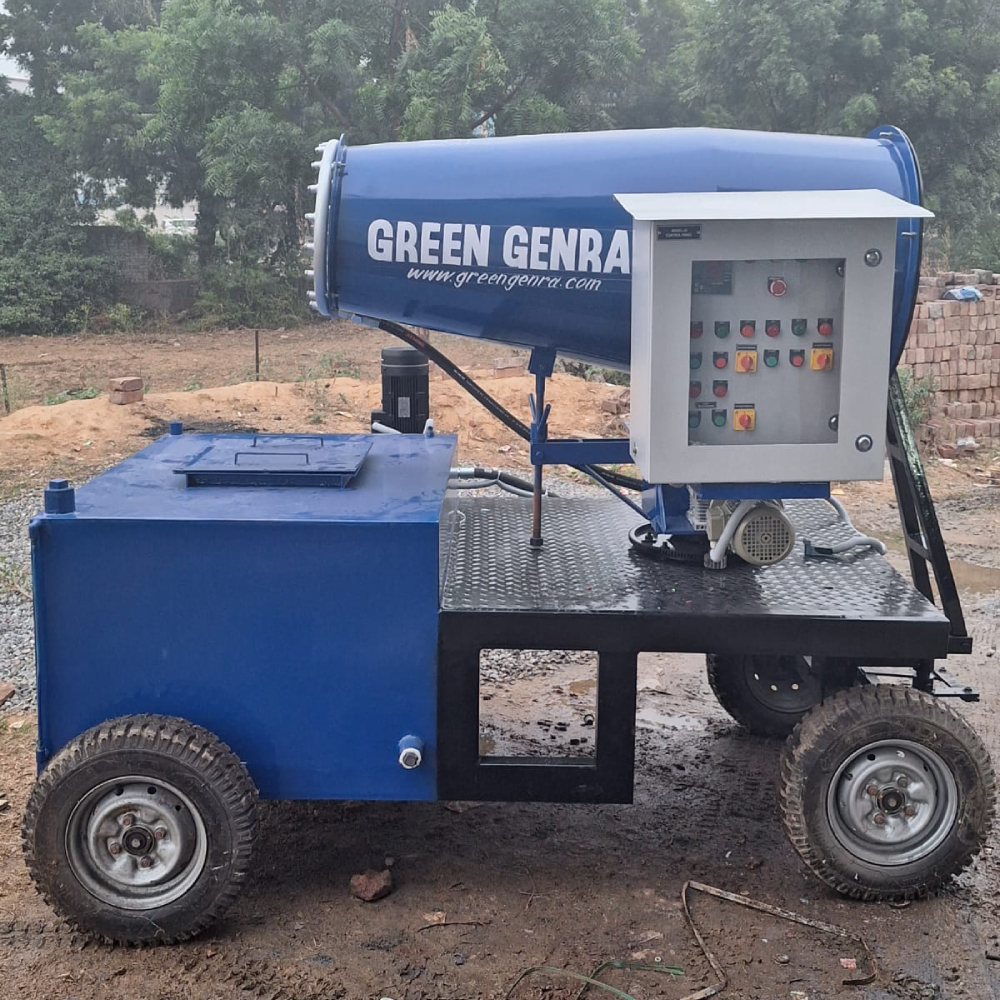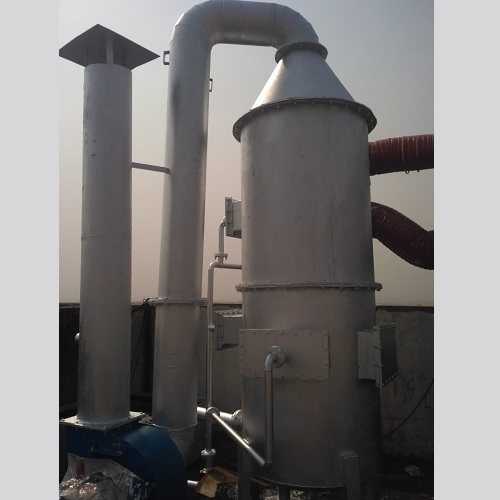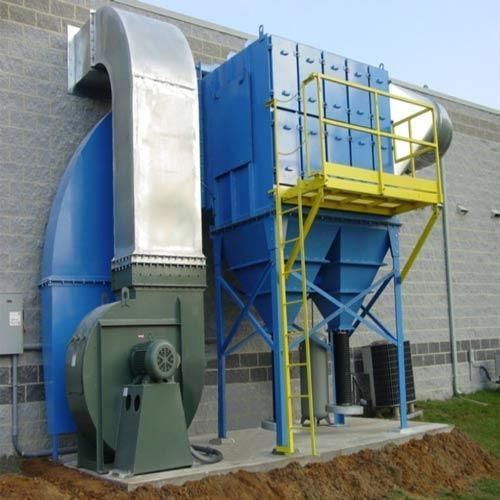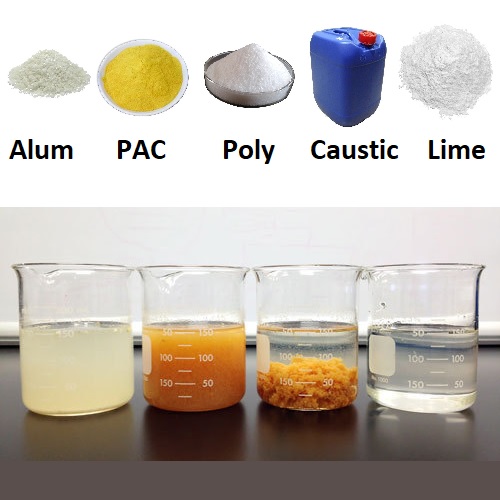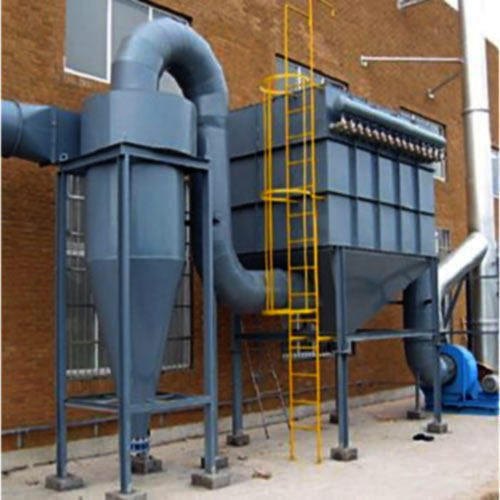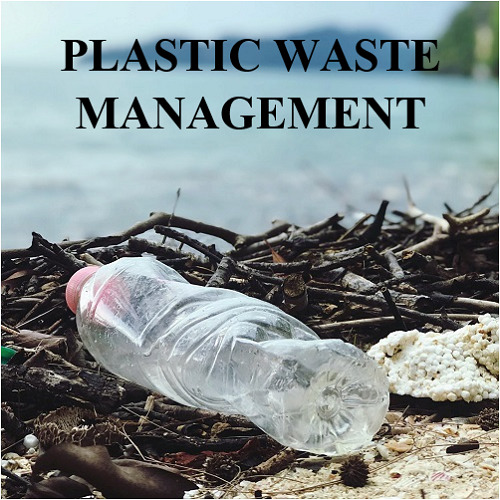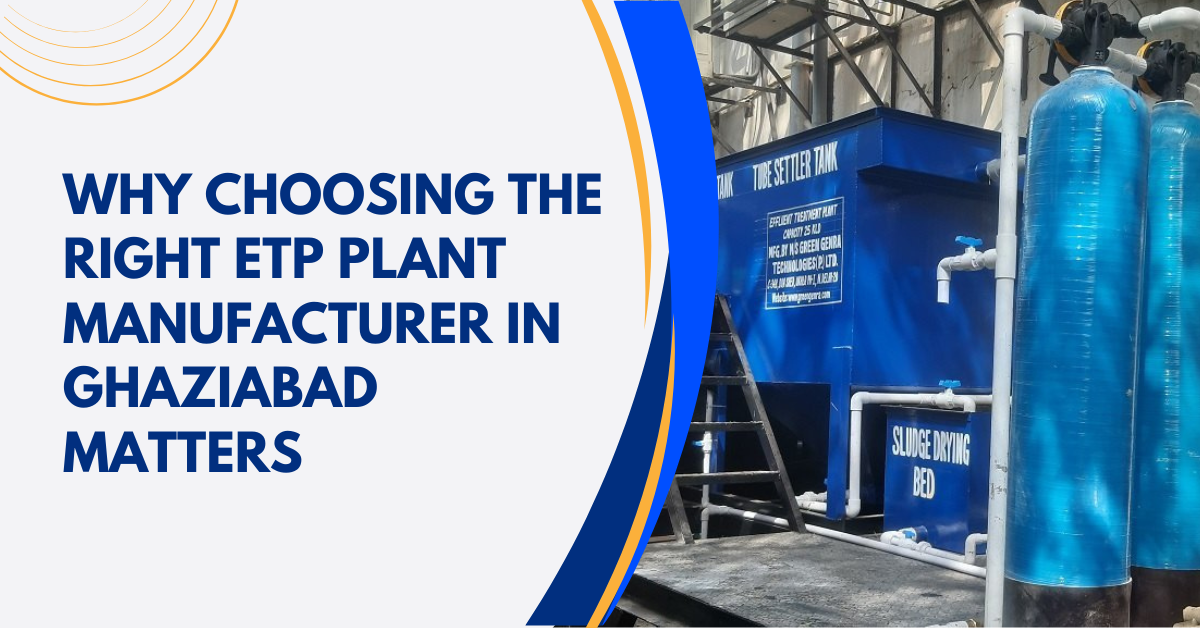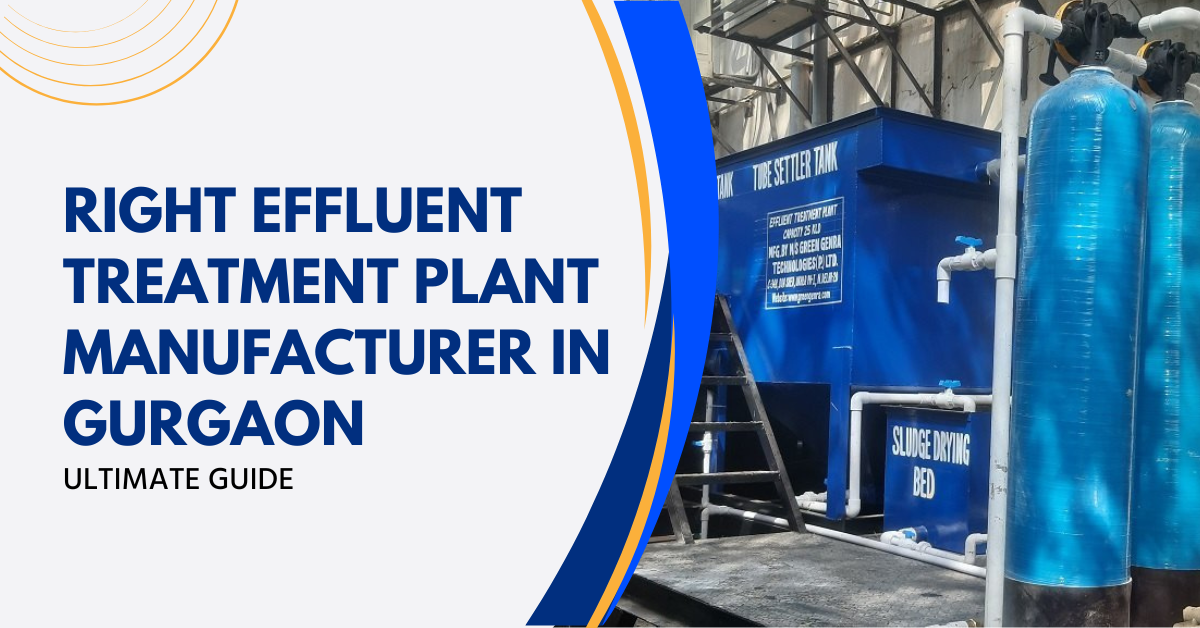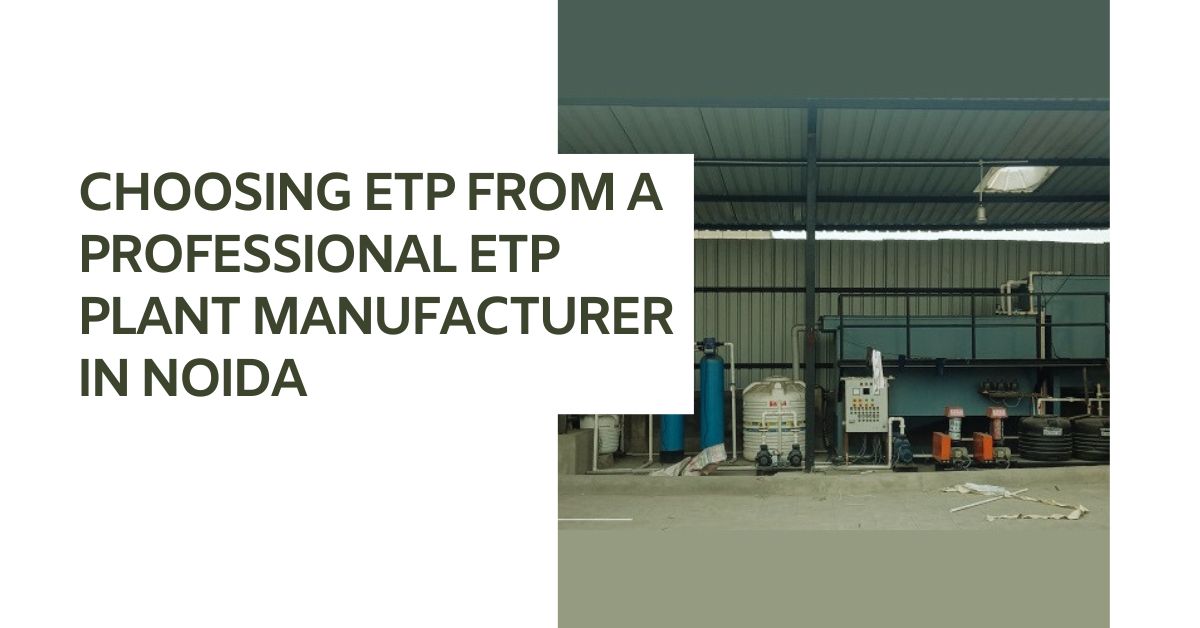Water Expo 2025 in New Delhi 28-30 August 2025 | Pragati Maidan, New Delhi India 20th Everything About Water Expo 2025 ...
Benefits of ETP plant for restaurant & hotel
Effluent Treatment Plant for the Food Industry
The food processing units generate high volumes of organic waste, oils and contaminants. Also, the food facilities including hotels and restaurants have over the past years witnessed increased consumption of water due to expansive urbanization.
ETP Plant for Food Industry plays a key role in ensuring safe and compliant wastewater management. The effluent treatment plant treats and recycles wastewater, reducing the food facility’s carbon footprint on the environment and maintaining regulatory compliance.
Our cutting-edge ETP solutions cater to the unique and evolving challenges of the food industry, ensuring eco-friendly operations and an affordable waste management system.
What is an Effluent Treatment Plant – ETP?
Effluent Treatment is the process of removing harmful contaminants or impurities from water that is used by hotels and restaurants. It is a process of converting polluted, dirty and unhealthy water into clean, safe and pure water so that it can meet quality standards.
What are the regulatory requirements for ETP in food manufacturing?
The Effluent Treatment Plant in the food manufacturing facilities must adhere to many regulatory norms ensuring safe wastewater discharge and environment protection.
- Adhere to the Water (Prevention and Control of Pollution) Act 1974: The Central Pollution Control Board and State Pollution Control Boards regulate the wastewater discharge under this act. The food processing units must install an effluent treatment plant that meets the permissible limits for effluent discharge.
- Pollution Boards Consent: The food processing plants must obtain Consent to Establish and Consent to Operate from the respective State pollution control boards before installing ETP in their facility. They must conduct environmental audits regularly. Effluent quality monitoring reports must be submitted to the state pollution control boards on a regular basis.
- Zero-Liquid Discharge: In water-scarce regions, food processing units are required to adopt zero-liquid discharge policies, ensuring that no untreated wastewater is released into the environment.
- Hazardous Waste and sludge disposal norms: Waste Sludge from the ETPs must be disposed of following Hazardous Waste management rules, to prevent soil and groundwater contaminants.
We offer cost-effective effluent treatment solutions for food manufacturing units ensuring the facilities comply with the above regulations.
What is Effluent and how it is generated in the food industry?
Effluent is the wastewater or liquid waste discharged from the food industries. The effluent contains organic and inorganic pollutants, including fats, oils, grease, chemicals, suspended solids and microorganisms. If the effluents are not treated properly, they can cause environmental pollution and health issues.
The effluent is generated in the food industry by.
- Cleaning and washing of the raw materials like fruits, vegetables, meat and grains. The cleaning process contaminates the water with dirt, organic matter and pesticides.
- The water is used in cutting, grinding, mixing, and blending in the food industry. This process releases organic residues and soluble starches into the effluent. The dairy industries generate effluent rich in milk solids, proteins and lactose.
- Boiling, steaming and frying lead to effluent-containing oils, fats and heat-resistant compounds.
- Food factories are required to maintain sanitation and thus require frequent cleaning with water and detergents, leading to effluent with chemicals and disinfectants.
- The water used for floor cleaning, floors, conveyor belts and machines contains grease, food debris and detergent residues.
- The refrigeration units and cooling towers release wastewater containing salts and chemical additives.
What is the importance of ETP in the Food industry?
- An Effluent Treatment Plant in the food industry ensures that food processing units adhere to the Water Act 1974, CPCB and SPCB norms.
- ETP plant removes harmful contaminants like total suspended particles, grease, biochemical oxygen demand and chemical oxygen demand before releasing wastewater. The ETP prevents water pollution and protects the aquatic life in nearby water bodies.
- Our ETP treats the wastewater and ensures that it is reused by the food facility for non-potable processes like cleaning, cooling, landscaping and irrigation. The reuse of the treated wastewater by the food industry reduces the demand for fresh water consumption thus lowering the facility’s operational costs.
- The Effluent Treatment Plant prevents cross-contamination in food processing areas. By installing the ETP, the food processing industry complies with FSSAI and food safety norms.
- The system supports industries in achieving zero liquid discharge compliance. It boosts the CSR and sustainability goals.
- Ensures the safe disposal of sludge generated from wastewater treatment. The advanced ETP plants convert organic waste into biogas or fertilizers promoting waste-to-energy initiatives.
- Food manufacturing industries including hotels and restaurants build a strong commitment by installing ETP plants in their facilities alluring environment-conscious customers. Also, it improves relationships with stakeholders and regulatory bodies.
Why to treat hotel or restaurant effluents?
There are many restaurants and hotels that contribute substantial amount of waste water effluent. Hence treatment of hotel or restaurant sewage using ETP is important to reduce the spread of disease causing pathogenic organisms in effluent and to prevent pollution of surface and ground water.
Here are some of the significant benefits of ETP plant for hospitality industry-
- Adhering with environmental regulations: The restaurants and hotels are subject to stringent environmental regulations to prevent pollution. An ETP plant for restaurant helps in treating wastewater to meet regulatory standards before it is discharged into the environment. This helps restaurants do away with the hefty fines and legal issues and also positions the facility as a responsible entity committed to environment preservation.
- Reduction in water usage and cost: Water is the costly and precious resource, particularly in areas prone to water scarcity. ETPs recycle the treated water, making it reusable for non-potable purposes like toilet flushing, gardening and for pre-cleaning operations within the kitchen. This reduces the total water intake from the external sources that can lead to substantial cost savings over time for the restaurants thus boosting their profit margins.
- Preventing damage to infrastructure: Waste water from hotels and restaurants contains FOG – fats, oils and grease that can clog and damage the drainage systems. ETP effectively removes these substances from effluent before it can enter the sewage systems thus reducing the risk of blockages and related repair costs. Also, preventing blockage issues, the facilities can operate without any disruptions.
- Brand image: Consumers today are environmentally conscious and tend to be loyal to businesses that follow sustainable practices. By investing in ETP plant, restaurants can boost their brand image as an eco-friendly facility. Furthermore they can minimize the carbon footprint on the environment contributing their share to the planet earth. This allures a broader customer base that is loyal with those facilities that value sustainability. This can lead to increased repeal business and positive brand image of the restaurants or hotels.
- New market opportunities: The ETP plant allows the facilities in hospitality industries market themselves as green businesses. This can be effective in promotional materials, tenders for events and bids for corporate contracts where eco-consciousness of the business can be the deciding factor. Also, businesses that practice sustainability stand out and ahead of their competitors in their niche.
- Improve work environment: Implementing ETP can contribute to safer and healthier work environment as one can be rest assured that the effluent is treated and managed properly. This reduces odors and other unpleasant conditions. Also, it can lead to higher employee satisfaction and lower turnover which is a significant in the hospitality industry where there are high rates of employee churn.
For Implementing ETP Plant for Restaurant & Hotel is not just adhering to environment and pollution control board’s norms or laws but it is all about protecting the planet Earth.
Treatment methods used in our ETP for the food industry
- Preliminary Treatment Level: It is the first treatment level. The process removes coarse solids and large materials from the effluent. The treatment includes coarse screening, grit-removal and breaking of large objects into smaller ones. The wastewater is partially treated at this level.
- Primary Treatment level: In this level, there is the separation of floating material and heavy solids from liquid waste. Oil, grease, organic nitrogen, organic phosphorous and heavy metals associated with solids are removed during primary sedimentation.
- Secondary Treatment Level: The main purpose of this treatment level is to remove the suspended solids and residual organic matter which can be done using aerobic and anaerobic processes. The process involves an aeration tank where the oxygen is supplied to the microorganisms resulting in the removal of biodegradable dissolved and colloidal organic matter.
- Tertiary Treatment Level: The aim of this level is to further improve the effluent quality before it is discharged into the environment. This level removes the contaminants that were not removed in the previous three levels. It involves a disinfection process where chlorine, UV light and ozone are integrated ensuring no harmful residues are left in the water after the treatment.
The water recovered after all the above treatment levels from our cutting-edge effluent treatment plant can be recycled and reused for various non-potable uses in the food industry.
Our Effluent Treatment Plant (ETP) is ideal for food industries including restaurants and hotels as it ensures efficient wastewater management, regulatory compliance and environmental sustainability. By reducing pollutants, recycling water and promoting sustainable operations, our ETP helps food facilities maintain hygiene standards while supporting a greener and more responsible future.
FAQs
1. How ETP helps improve the brand image of the restaurants or hotels?
By investing in ETP plant, restaurants show commitment to environmental sustainability and responsible waste management and this approach enhances the brand image of the restaurants.
2. Why restaurants need ETP?
Restaurants or hotels need effluent treatment plant to comply with the environmental norms and manage the wastewater effectively.
3. How many stages are there in ETP?
There are three main stages for ETP for restaurants that include Primary treatment, secondary treatment and tertiary treatment.

































Effluent Treatment Plant (ETP) from reliable ETP Plant Manufacturers play a key role in reducing industrial pollution by trea...
With the increasing levels of water contamination in Ghaziabad because of growing industries and a growing population, wastew...
Green Genre is one of the best STP manufacturers in Noida that designs, produces and installs sewage treatment plants in vari...
Effluent Treatment Plants or ETPs are important for industries in Ghaziabad to ensure environmental compliance ensuring effec...
An effluent Treatment Plant or ETP is a crucial investment for industries seeking to manage wastewater according to environm...
ETP or the Effluent Treatment Plant is designed to treat industrial wastewater by removing harmful chemicals, contaminants an...

